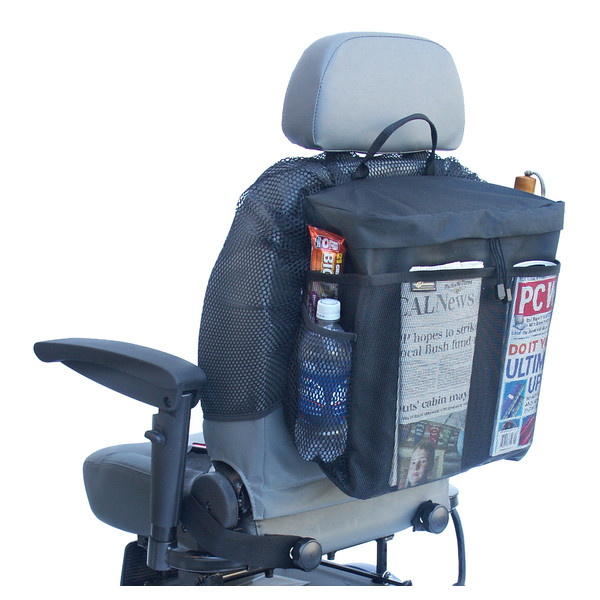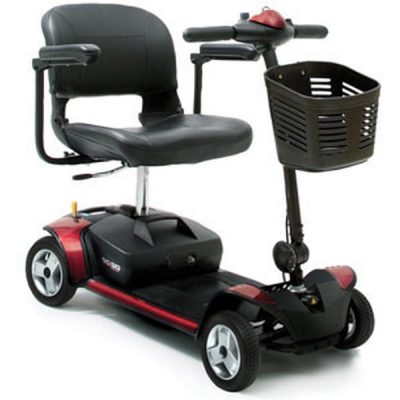In North America, many individuals suffer from spinal issues. They have such medical conditions as disc degeneration, vertebral compression or scoliosis. These require spinal stabilization procedures to correct the problem, restoring the quality of life. Surgeons address these issues in differently; however, one method is increasingly becoming popular- the spinal implant. Manufacturers are working with medical device contractors and medical professionals to produce the right devices.
In fact, spinal implants are increasing their market share globally. North America held the largest share in this growing market in 2015. The reasons are multiple but mainly stem from the rising incidence of spinal disorders, advanced technological solutions and an aging population focused on retaining an active lifestyle.
Categories of Spinal Implants and Demands
Surgical procedures divide spinal implants and other related devices into two specific categories:
1. Open Surgery
2. Minimally Invasive Surgery
For OEMs and contract manufacturers, several factors affect their capability to become successful in this competitive field. Spinal implant manufacturers and their partners need to focus on the following:
* Advanced technology
* Unique but effective functional solutions
* Improvements over current spinal implants including modifications of existing ones
* Safer devices
* Cost-effective spinal implants and other instruments
* Close adherence to the requisite specifications
* Compliance with all stringent regulatory requirements
In addition, an ongoing move by surgeons – and one favored by patients is a non-invasive surgical approach. In other words, minimally invasive spinal implants are gaining acceptance and favor in the medical profession and by their patients.
Spinal Implant Manufacturers: Satisfying Everyone
In the production of any product, it is essential to satisfy diverse invested individuals. In the case of surgical implants, manufacturers must work with medical professionals and contract manufacturers to produce a result that meets the demands of surgeons, regulatory bodies, boards of directors, shareholders and, of course, patients. In other words, spinal implant manufacturers have to work closely with all their partners to produce a product that is satisfactory to everyone involved.







